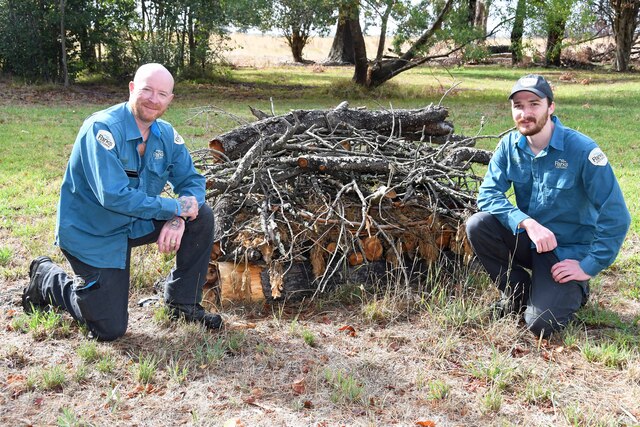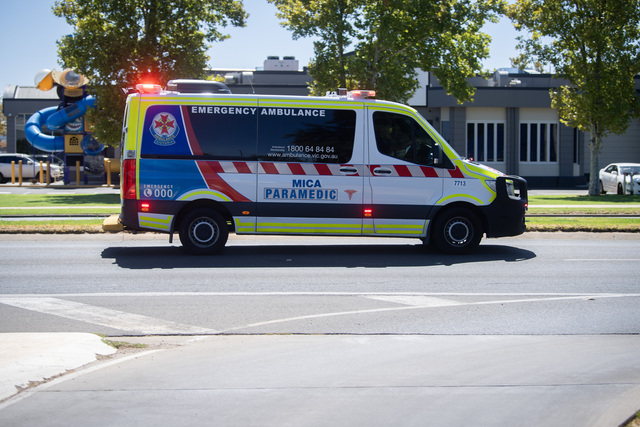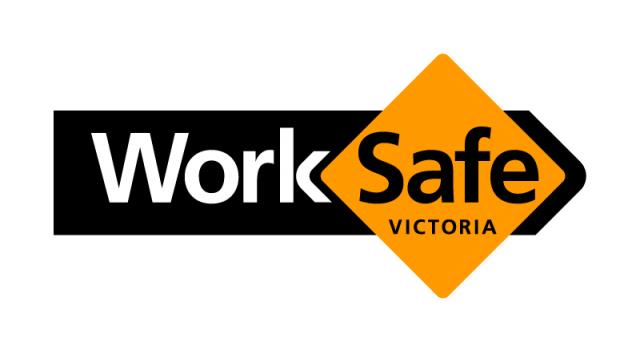By CAM LUCADOU-WELLS
PARENTS concerned about their children’s susceptibility to the drug ‘ice’ should focus on providing a warm, nurturing home life, says a leading drug-prevention spokesman.
Geoff Munro, national policy manager of the Australian Drug Foundation, says the abuse of crystal methamphetamine – otherwise known as ‘ice’ – can “creep up” on users and their loved ones.
“(The user) sees other people using it and it appears they are in control. You think you’re safe and in control, and the drug ends up controlling them.”
The user starts taking more of the quick-acting drug, perhaps twice or three times a week. Once it becomes a daily urge, the user is spending all their income on the drug.
“It can happen without other people realising it but one of the signs is they start to sell household items to pay for it.
“They exhaust their bank accounts, spend all their pay and then start to commit crimes.
“At the point they step into crime, they don’t feel in control. They need a supply of the drug and resort to criminal activity.”
At that point, some parents report their children to police, hoping their child may get diverted to drug treatment programs.
They can also seek help at community health centres, drug and alcohol centres, youth workers and doctors.
“There are no guarantees. You can offer help but we can’t live the person’s life for them.”
It’s a “major warning sign” if children at about 13-14 start trying alcohol and cannabis, which put them in “more danger” of more serious drug use, Mr Munro says.
It can be difficult for parents to tell the warning signs in the first place. Adolescents, wanting to assert their independence, typically withdraw from their parents.
“Teachers and schools are generally a good way to keep in touch with what’s happening to their child.
“If you find out they’re drinking and using substances, talk to them about why they’re doing it. Establish if it’s curiosity or something more.
“If it becomes ongoing it’s important parents let their children know they don’t want their kids using drugs and drinking alcohol. It’s important to set firm boundaries about their behaviour.”
Research shows children who are given such boundaries are less likely to do drugs. They’re also less likely to drink and more likely to drink much less than those given permission to drink.
“We know parents are extremely influential on their children. It’s important they know their parents are looking out for them.
“If (the drinking or drug-taking) is starting now, every week parents would want to take action.
“If they are not making headway, talk to your local doctor or speak to their teacher to see if anything is happening in school.
“If something is happening, it’s important to keep the lines of communication with your child open. “

















